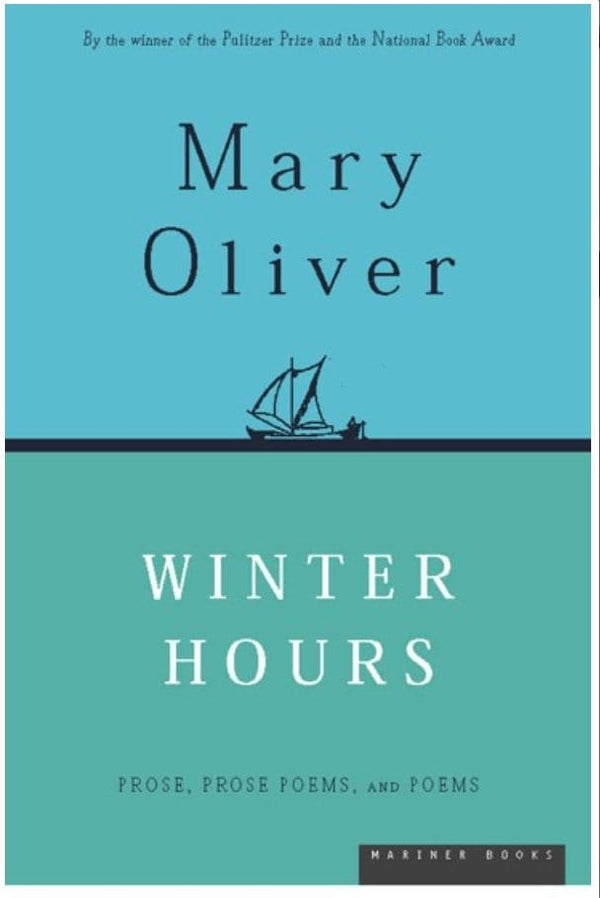From the winner of the Pulitzer Prize and the National Book Award, her most personal book yet "What good company Mary Oliver is!" the Los Angeles Times has remarked. And never more so than in this extraordinary and engaging gathering of nine essays, accompanied by a brief selection of new prose poems and poems. (One of the essays has been chosen as among the best of the year by THE BEST AMERICAN ESSAYS 1998, another by The Anchor Essay Annual.) With the grace and precision that have won her legions of admirers, Oliver talks here of turtle eggs and housebuilding, of her surprise at an unexpected whistling she hears, of the "thousand unbreakable links between each of us and everything else." She talks of her own poems and of some of her favorite poets: Poe, writing of "our inescapable destiny," Frost and his ability to convey at once that "everything is all right, and everything is not all right," the "unmistakably joyful" Hopkins, and Whitman, seeking through his poetry "the replication of a miracle." And Oliver offers us a glimpse as well of her "private and natural self—something that must in the future be taken into consideration by any who would claim to know me."
From the winner of the Pulitzer Prize and the National Book Award, her most personal book yet "What good company Mary Oliver is!" the Los Angeles Times has remarked. And never more so than in this extraordinary and engaging gathering of nine essays, accompanied by a brief selection of new prose poems and poems. (One of the essays has been chosen as among the best of the year by THE BEST AMERICAN ESSAYS 1998, another by The Anchor Essay Annual.) With the grace and precision that have won her legions of admirers, Oliver talks here of turtle eggs and housebuilding, of her surprise at an unexpected whistling she hears, of the "thousand unbreakable links between each of us and everything else." She talks of her own poems and of some of her favorite poets: Poe, writing of "our inescapable destiny," Frost and his ability to convey at once that "everything is all right, and everything is not all right," the "unmistakably joyful" Hopkins, and Whitman, seeking through his poetry "the replication of a miracle." And Oliver offers us a glimpse as well of her "private and natural self—something that must in the future be taken into consideration by any who would claim to know me."

